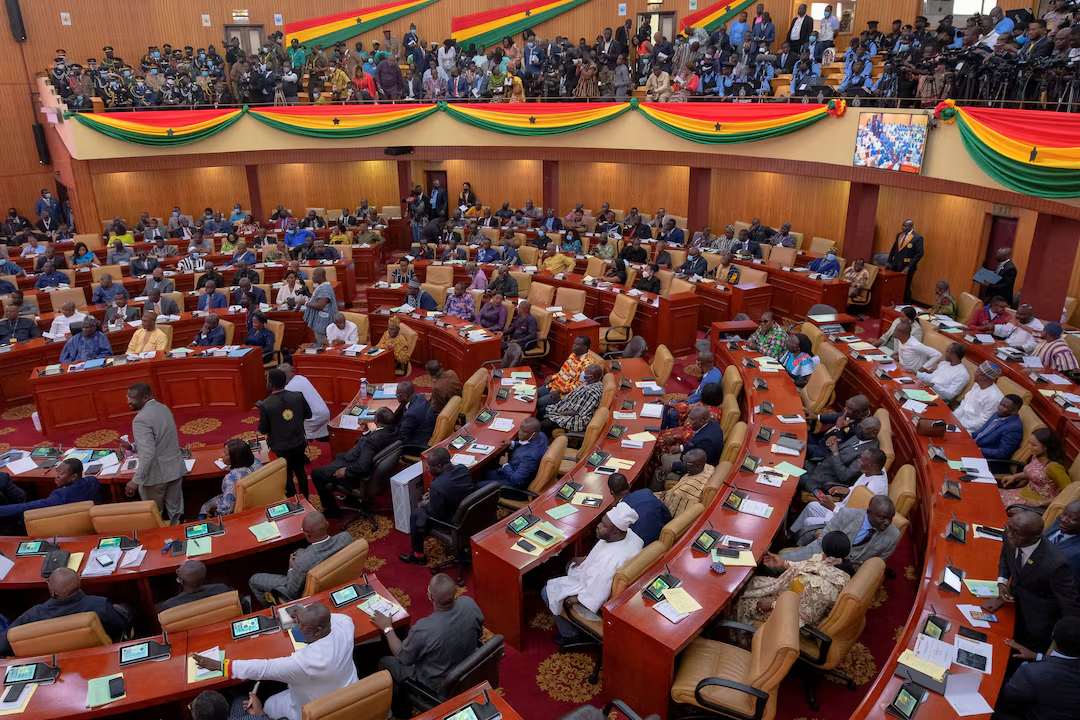
Ghana faces the prospect of a government shutdown if Parliament fails to pass a provisional budget before the Dec. 7 elections.
Traditionally, a provisional budget is approved in November of election years to fund government operations until the president-elect assumes office.
However, a political impasse has stalled proceedings, with Parliament on indefinite recess since October over disputes about the majority party.
Former Finance Minister Seth Terkper warned that without a budget, the government may be forced into lean spending, impacting interest payments and the presidential transition.
The Supreme Court ruled in November that Speaker Alban Bagbin’s earlier declaration on parliamentary majority was unconstitutional, deepening the crisis.
Bagbin has declined requests to recall Parliament, citing concerns that it would disrupt campaign activities ahead of the elections.
“This situation is unprecedented,” said Patrick Yaw Boamah, chair of the Finance Committee, highlighting the gravity of the standoff.
Finance Minister Mohammed Amin Adam had aimed to present the budget by Nov. 15, but no progress has been made since.
Labour unions have expressed concern, warning that delayed budget approval could jeopardize salaries and critical public services by January.
“It’s a big problem,” said Joshua Ansah, head of the Trades Union Congress, urging Parliament to act swiftly to prevent disruption.
As the world’s second-largest cocoa producer, Ghana has maintained fiscal stability for over 30 years. A government shutdown would mark an alarming first, raising significant economic and political risks.
